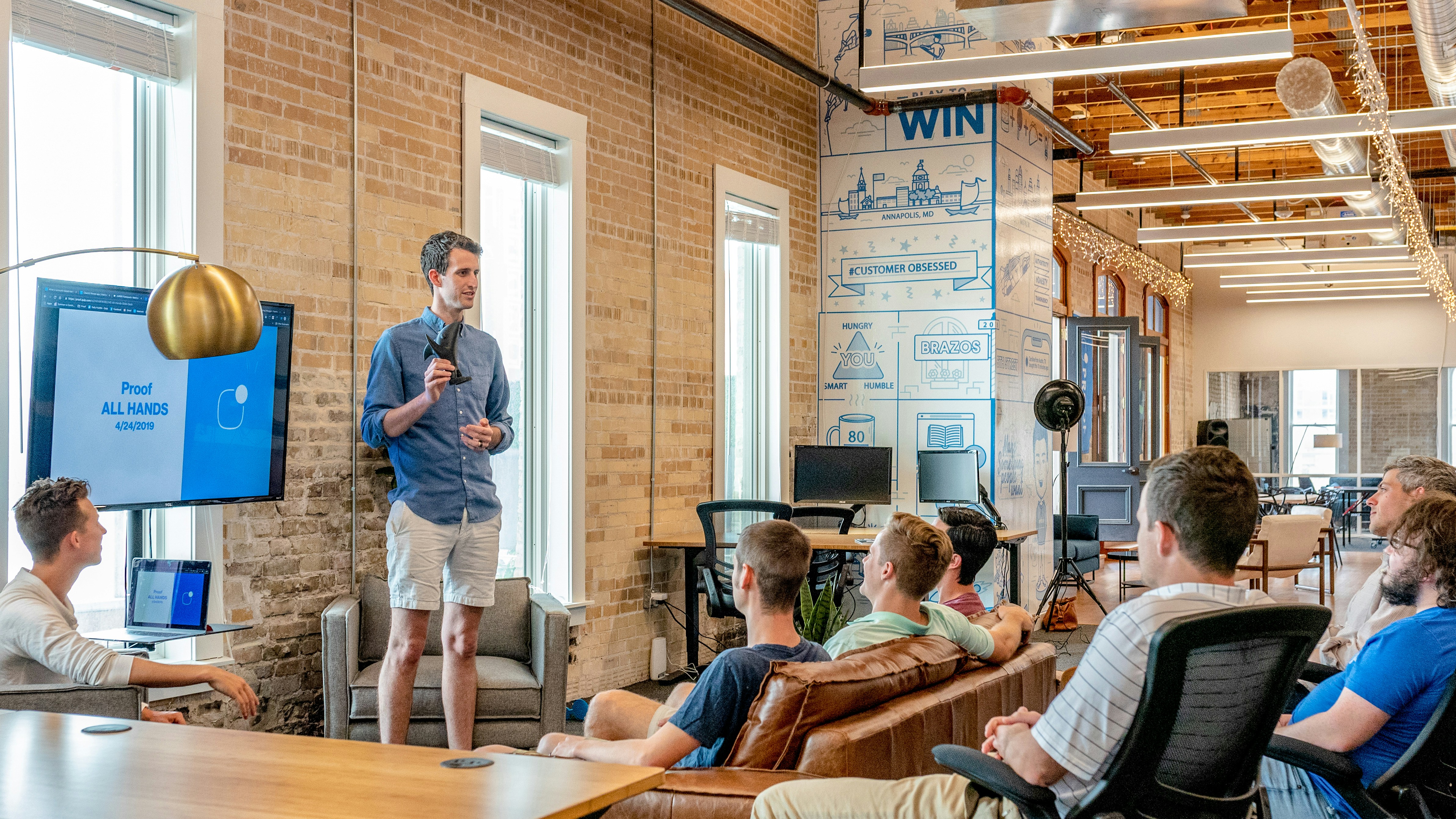December 8, 2023
What To Do After Completing Your Master’s in Germany?
By Rinu Mathew
Is your master’s degree in Germany almost complete, or have you recently graduated? If yes, then you must be pondering your next steps, trying to work out an exciting future. For any international student who has just graduated, the immediate period after the completion of their studies is pivotal. It is a crucial phase full of questions and decisions that need to be made promptly, efficiently, and appropriately.

Benefits of Studying Masters in Germany
Studying your masters in Germany comes with an array of significant advantages. If you have just graduated, congratulations on your impressive milestone!
Firstly, the quality of education offered by German institutions is unbeatable. Germany is renowned worldwide for its commitment to continually improving its education standards and introducing innovative teaching methods. Secondly, the international exposure you get through diverse student communities and programs enriches your worldview and strengthens your career prospects. Lastly, the favourable employment opportunities are a significant advantage. German companies often prefer hiring graduates from their own highly regarded institutions.
Immediate Steps After Completion of Masters
Upon graduating, it is imperative to initiate the necessary administrative steps, beginning with informing both your university and the local foreigner's office about the completion of your studies. This communication marks the formal acknowledgment of your academic accomplishment and can be pivotal for various administrative processes.
For international students, one crucial task post-graduation is to meticulously review the status of your visa or residence permit. Ensuring its validity is paramount, especially if you intend to remain in Germany for further endeavors. Depending on your envisioned path after graduation, it might necessitate applying for a different visa category or extending the existing permit to continue residing in the country legally.
Additionally, health insurance coverage assumes heightened importance post-graduation. While university-provided student health insurance might have served during your academic tenure, transitioning to alternative coverage becomes essential after completing your studies. Securing comprehensive health insurance safeguards your well-being and ensures access to healthcare services as you venture into professional realms beyond academia.
These measures constitute crucial initial steps post-graduation, each serving as a foundational element in facilitating a smooth transition into the next phase of your academic or professional journey in Germany.

Exploring Work Opportunities Post-Master's in Germany
Germany is known for its robust economy and a wide array of prestigious institutions that offer lucrative career prospects. Hunting for jobs should begin before your graduation.
An essential point to note is that German law allows international students to remain in the country and seek employment for up to 18 months post-graduation. You can look out for job opportunities during this period where your professional skills can be effectively utilized. The EU Blue Card is another consideration if you have a job offer with a specific minimum annual gross salary. This card grants you the right to live and work in Germany.
Understanding the German Work Culture
As you traverse the professional world of Germany, understanding the prevalent work culture becomes critical. Germans believe in maintaining a work-life balance. They have clear boundaries between their personal and professional lives.
Socializing and networking also have a significant role in the German work culture. Being approachable, respectful, punctual, and showing proactiveness can help you fit into the work environment.
Visa and Permanent Residence Permit
Germany offers several ways to stay in the country after the completion of your studies. As an international student, you can apply for and change your visa status from a student visa to a work visa once you secure suitable employment.
With enough years of living and working in Germany, you can also apply for permanent residency.
Exploring Further Studies or Research Opportunities
If you're interested in pursuing higher education or research, you may want to consider looking into Ph.D. programs or research positions at universities or prestigious research institutions. Germany offers a lot of further study and research opportunities. These opportunities can help you further your knowledge and expertise in your field of interest. This avenue extends academic pursuits and aligns with potential career aspirations, fostering continuous growth and expertise in your chosen field.
You can also apply for another master's program. The country also provides a variety of research grants and scholarships for foreign students.
Consideration of Language Learning
Importantly, while most workplaces in Germany use English as the primary business language, knowledge of German can greatly enhance your employment prospects and social integration. There are numerous institutions and online platforms where you can learn and improve German.
Making the Right Decisions
Germany is an amazing country to study, work, and settle in. The journey you embark on after completing your master's degree can be enriching and exciting if led properly. No matter what you decide, remember that each choice marks a step towards your future. Rest assured that PingMe Study Abroad is always there to help you navigate through these significant decisions.
Unsure about your next steps? Looking for expert guidance to make the right decisions? Get in touch with us at PingMe Study Abroad, and let our team of experienced professionals assist you in crafting a remarkable.
Other Blogs
3
Feb

How to Qualify for Germany’s Opportunity Card: Eligibility Criteria Explained
Germany’s Opportunity Card offers skilled professionals an easier way to live & work in Germany. Learn about the eligibility criteria, points system, and more.
28
Jan

Why Choose German Public Universities for Your Master’s Program?
Discover why German public universities are ideal for a Master's: world-class education, tuition-free programs, vibrant culture, and excellent career prospects!
2
Jan

Germany’s Opportunity Card: A Game Changer for Skilled Professionals
Germany's Opportunity Card offers skilled professionals a simplified path to live and work in Europe's strongest economy, no job offer needed.




